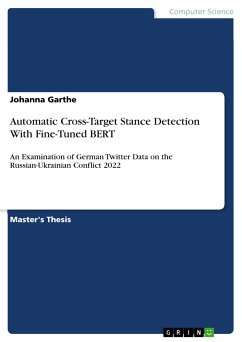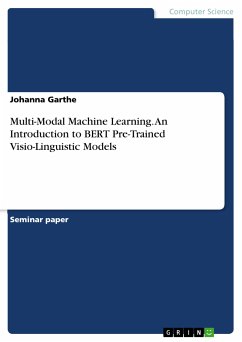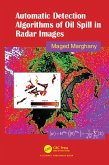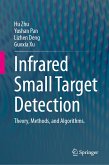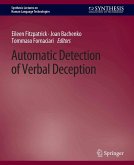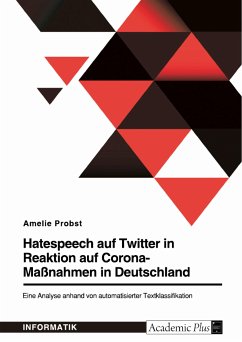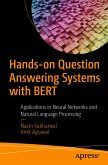Master's Thesis from the year 2023 in the subject Computer Sciences - Computational linguistics, grade: 1,3, University of Trier (Computerlinguistik und Digital Humanities), language: English, abstract: In 2022, various socio-political debates regarding the Russian-Ukrainian war took place between German-speaking users on Twitter. Due to the large amount of daily user- generated tweets, the main goal of this master thesis is the development of an automatic cross-target stance detection model to enable an examination of German Twitter data on the Russian-Ukrainian conflict 2022. In the scope of this thesis, the BERT model is used and trained jointly on multiple-related targets of interest by encoding both tweet and target. Within this work, an auto-labeled dataset, a small manual-labeled test set and an unlabeled dataset with German tweets on four targets of interest are presented. A number of experiments with different BERT models are conducted studying cross-target generalization as well as the influence of class balance and case sensitivity. The best performing fine-tuned model is applied for automatic stance prediction on 2022 Twitter data. The stance prediction results are examined to detect potential reasons within a stance category. The results of this work show that with the applied cross-target approach reasonable performance on known targets can be achieved, but does not suffice for a successful cross-target transfer on unknown targets. In addition, it is observed that a balanced class distribution can counteract a bias towards an overrepresented class and results suggest that case-sensitivity is detrimental in stance detection. The classified data show a number of potential reasons for a favorable and opposing stance towards a respective target within the Russo-Ukrainian conflict. Overall, the stance prediction results show that in 2022 there were consistently more German-speaking Twitter users in favor of supporting Ukraine in the conflict than those opposed to it.
Dieser Download kann aus rechtlichen Gründen nur mit Rechnungsadresse in A, B, BG, CY, CZ, D, DK, EW, E, FIN, F, GR, HR, H, IRL, I, LT, L, LR, M, NL, PL, P, R, S, SLO, SK ausgeliefert werden.

